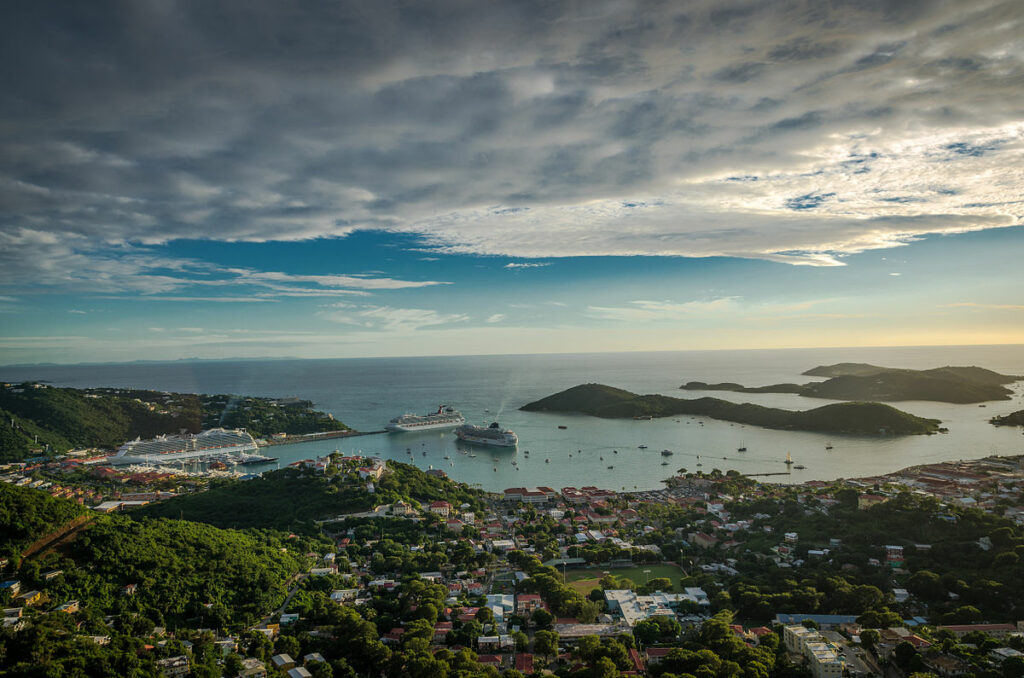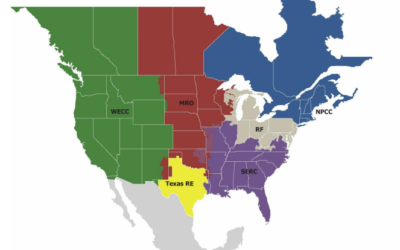
A hybrid power project combining thermal engines with battery storage on the US Virgin Islands is nearing its completion after delays caused delivery deadlines to be extended.
The US Virgin Islands Water and Power Authority (WAPA), the territory’s public-power utility, said yesterday that the project it awarded to technology group Wärtsilä as an engineering, procurement and construction (EPC) contract in 2020 is nearing the finish line.
Enjoy 12 months of exclusive analysis
- Regular insight and analysis of the industry’s biggest developments
- In-depth interviews with the industry’s leading figures
- Annual digital subscription to the PV Tech Power journal
- Discounts on Solar Media’s portfolio of events, in-person and virtual
As reported by Energy-Storage.news at the time the contract was awarded, the hybrid solution combines four 9MW engines running on liquid petroleum gas (LPG) and light fuel oil (LFO), for a total 32MW of generation, together with a 9MW, 2-hour duration (18MWh) battery energy storage system (BESS).
WAPA selected Wärtsilä through a request for proposal (RFP) seeking thermal power resources to expand the Randolph Harley Power Plant (RHPP), the islands’ main power station. The project marked Wärtsilä’s first engine-battery hybrid plant sale.
As well as seeking 36MW to 40MW of internal combustion engine (ICE) thermal generation in blocks of 10MW or less, WAPA also asked bidders to include the 9MW/18MWh BESS, which would deliver spinning reserve and voltage/frequency regulation as part of their proposals.
As noted by WAPA in its announcement yesterday, the BESS will help fortify and add redundancy to the territory’s grid network, storing energy generated at off-peak times for inputting to the grid when it demand peaks.
Integration of the BESS into the project is currently underway and was described as one of the final steps in bringing the hybrid system online. RHPP serves the island of St Thomas, where it is located, as well as two other of the US Virgin Islands via undersea cables.
However, as mentioned above, the project has not all been straightforward. While the notice to proceed issued by WAPA in late 2020 had required it to come online within 23 months, or by October 2022 at the latest, various factors – most significantly the impact of the COVID-19 global pandemic – have caused it to take longer than anticipated.
In November last year, the utility offered an extension until January 2023, and said at that time that the generators had been installed, with the BESS installation still to go. Having received an accelerated timeline from the EPC partner, WAPA said it did expect completion during Q1 2023, but pointed out that a longer timeline for a complex energy project of its type to come online was not unusual.
WAPA said the Virgin Islands Housing Finance Authority, which is overseeing the project “worked closely with the Authority to overcome project-related challenges and ensure timely delivery”. Meanwhile the project was meeting all of its requirements on transparency and disclosure of milestones and timelines that were in place to ensure its status as a US Federal government-funded project, the utility said.
The new generators are much more efficient than the units they will replace, 30% more so in some cases and 70% in others, offering about US$42 million in fuel savings per year, or 25%, while the BESS will act as a “shock absorber” to the grid, insulating it from operational disruptions.
Through the pandemic, various energy storage projects have been delayed, or worse, cancelled, as impacts on everything from worker availability to supply chains for lithium-ion batteries and other key components were disrupted.
On the neighbouring British Virgin Islands, ground-breaking finally took place at the start of this year on a solar-plus-storage project which was also tendered for in 2019 and awarded in 2020. Expected commissioning date had been November 2021, which is now pushed back to November of this year.






